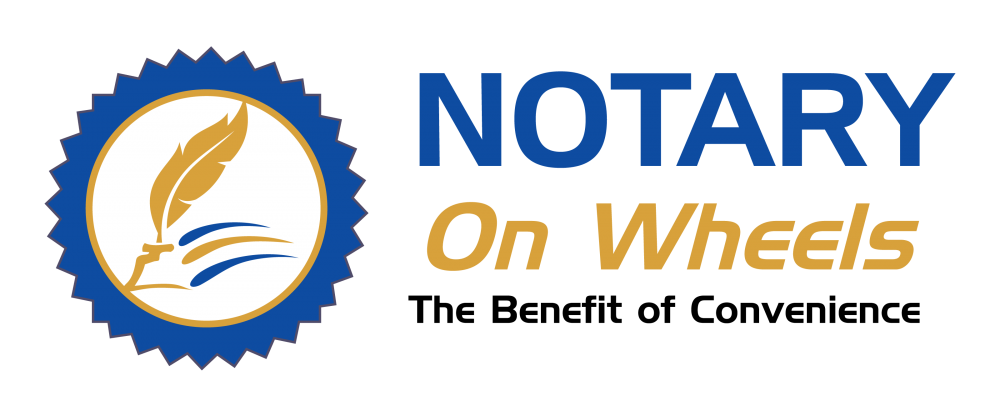A Notary Public or a Commissioner for Oaths and Affidavits is a person authorized to take your oath or solemn affirmation when you sign an affidavit or a statutory declaration. The Notary or Commissioner does not certify that the statements being made in the affidavit or statutory declaration are true, but only certifies that an oath or solemn affirmation has been administered properly.
An statutory declaration is a written document in which a solemn declaration is made asserting the truth of any fact or facts or of any description of a situation. Unlike affidavits, which are usually used for court proceedings, statutory declarations are used in more general circumstances.
A statutory declaration has the same legal effect as evidence given under oath in a court in front of a judge.
The person(s) making the a declaration must appear in person before the Notary Public or Commissioner. The Notary Public will verify the identity of the person, witness the signature of the person making the declaration, and administer the oath or solemn declaration.
Types of Oath
Where an oath is being witnessed by a Commissioner of Oaths or by a Notary Public, the deponent (person signing the document) is required to confirm the following: “Do you swear that the contents of this affidavit as subscribed by you are true? So help you God”.
If this type of oath is not preferred, deponents may instead affirm by responding ‘yes’ to: “Do you solemnly affirm and declare that the contents of this affidavit as subscribed by you are true?”.
Where a solemn declaration is required instead, the deponent must declare in the positive to: “Do you make this solemn declaration conscientiously believing it to be true and knowing that it is of the same force and effect as if made under oath?”.
What You Need:
- Your Documents: If you are providing a Statutory Declaration make sure to have any supporting documentation ready and handy.
- Identification: You will need to have two government issued (Federal or Provincial) pieces of identification. The first must be a photo ID with your address (Health Cards do not qualify). Used together with the second piece of ID, I basically need to see your photo, your address, your signature and your date of birth to establish your identity. Examples of acceptable ID include, Provincial Driver’s License, Passports, Permanent Resident Card, Citizenship Card, First Nations Card, Age of Majority Cards (e.g. the Ontario Photo Card), Health Card (as a second piece of ID only), Government Employee Photo Cards, etc.
The fee for administering an oath or declaration and notarizing the document (if already drafted) is the basic notarization fee, namely $53.10 + $6.90 HST= $60.00.
More about prices.
Payment: Bank Debit Cards, Cash (exact amount appreciated), Visa and Mastercard accepted.
